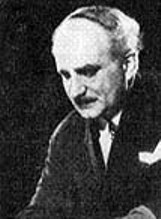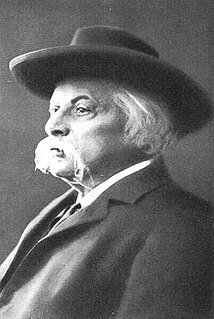 W
WFerenc Erkel was a Hungarian composer, conductor and pianist. He was the father of Hungarian grand opera, written mainly on historical themes, which are still often performed in Hungary. He also composed the music of "Himnusz", the national anthem of Hungary, which was adopted in 1844. He died in Budapest.
 W
WImre Farkas was a 19th-century Hungarian musician, most famous for his contribution for the popular Nóta style.
 W
WKarl Goldmark was a Hungarian-born Viennese composer.
 W
WKatharina Klafsky was a Hungarian operatic singer whose acclaimed international career was cut short by a chronic illness which proved fatal.
 W
WFranz Liszt was a Hungarian composer, virtuoso pianist, conductor, music teacher, arranger, and organist of the Romantic era. He is widely regarded as one of the greatest pianists of all time. He was also a writer, philanthropist, Hungarian nationalist, and Franciscan tertiary.
 W
WEmánuel Moór was a Hungarian composer, pianist, and inventor of musical instruments.
 W
WArthur Nikisch was a Hungarian conductor who performed internationally, holding posts in Boston, London, Leipzig and—most importantly—Berlin. He was considered an outstanding interpreter of the music of Bruckner, Tchaikovsky, Beethoven and Liszt. Johannes Brahms praised Nikisch's performance of his Fourth Symphony as "quite exemplary, it's impossible to hear it any better."
 W
WOttokar Nováček was an Austro-Hungarian violinist and composer of Czech descent. He is perhaps best known for his work Perpetuum Mobile, written in 1895.
 W
WAglaja Orgeni, real name Anna Maria von Görger St. Jörgen, was a Hungarian operatic coloratura soprano.
 W
WKároly (Carl) Thern was a Hungarian composer, pianist, conductor and arranger. He was of German descent, but was among the second generation of composers who developed the language of Hungarian art music.